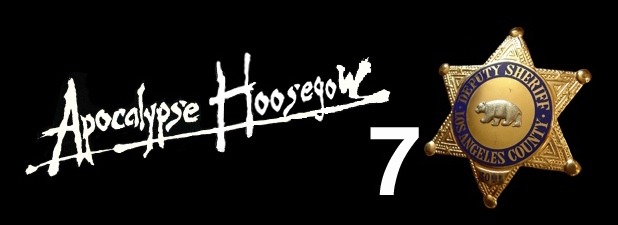 I hate the word “nigger” because of what it reveals about its user.
I hate the word “nigger” because of what it reveals about its user.
Blue, Black, White, or Brown – you’re lazy.
How’s that, you ask?
Well for one, what have you, the N-word user, attempted to learn about the volatile word? ‘Cause it’s a shape-shifter: one that can be used rightly and wrongly, ironically and seriously, congenially and maliciously, of necessity for the sake of realism and impishly for the sake of comedy.* Do you know its etymology? Have you taken the time to read any Richard Wright or August Wilson? Who were the Little Rock Nine? Do you know why Malcolm X and Richard Pryor swore off using it?
It doesn’t matter. And regardless of who you are, you weren’t born with the right to use the word, so don’t even go there. You have a choice. If you want to debate whether or not cultural perspective should govern its meaning, you’d better find out more than what you heard someone say, sing, shout, or slur.
I hate the word because it whispers its right to be among us, forcing users to make excuses for it. It’s a chunk of broken cement that has, for too many people, disguised itself as a Fabergé egg. Which people, you ask? As Clarence Major wrote in his Dictionary of Afro-American Slang (1970), “persons insufficiently attuned to the volatility of this singularly complex and dangerous word.”
Having been to prison and, therefore, temporarily disqualified from societal participation, you might think my learning was limited to how to survive and/or how to become a better criminal, not unlike the claim that college merely teaches one to be a better student. While there may be a basis in reality for both assertions, prison wasn’t a School of Crimethink for me: it was an ungodly wake-up call. And since the phrase “wake-up call” is grossly overused, I’ll go a little deeper.


